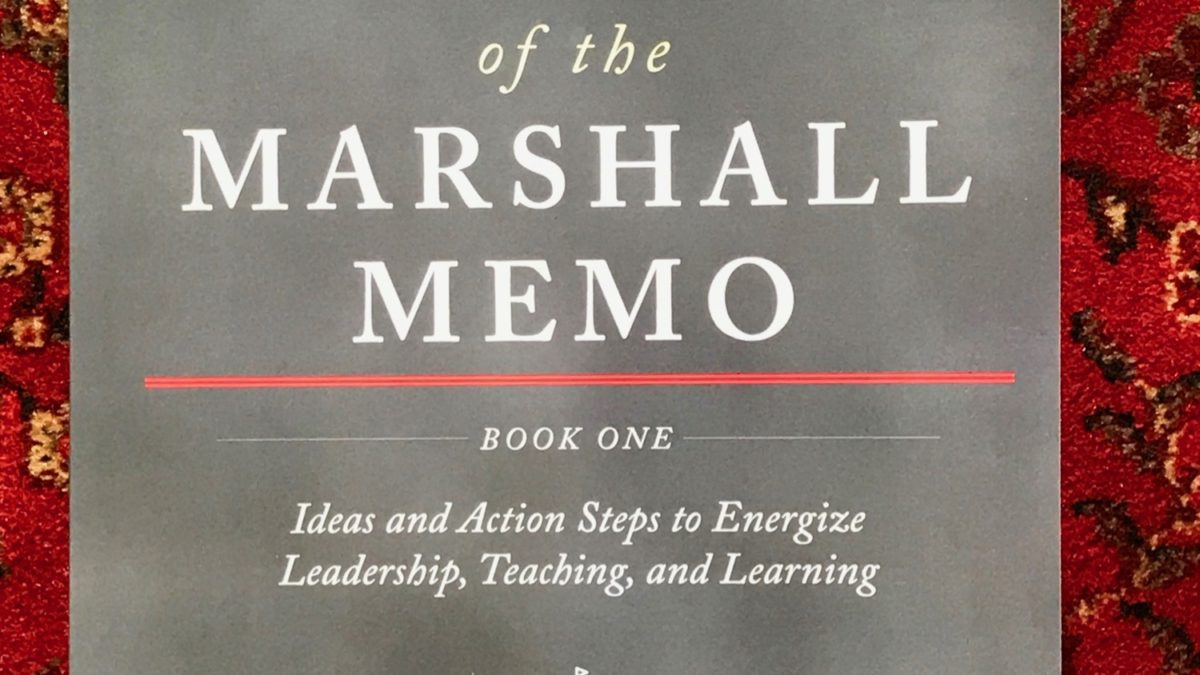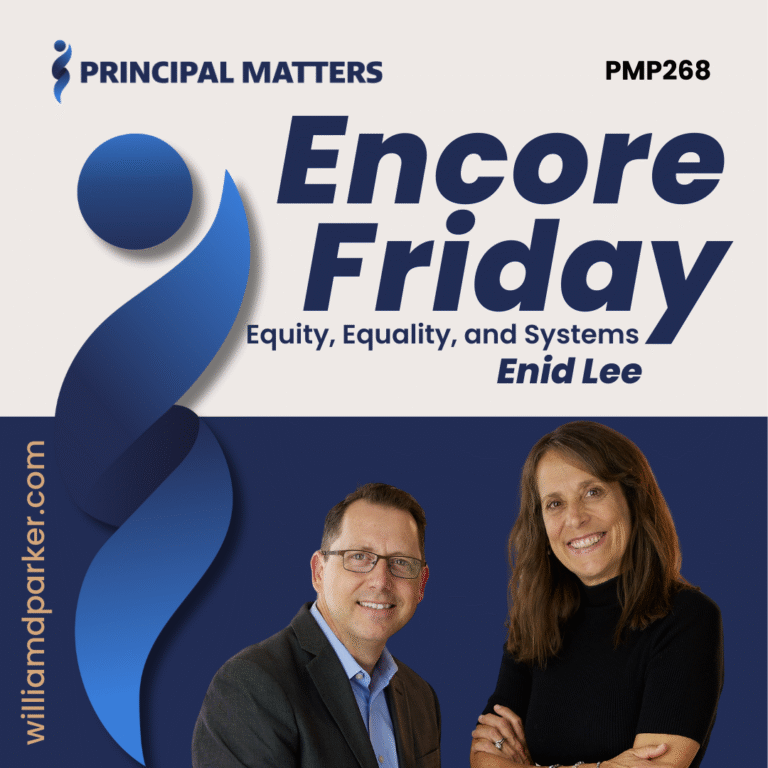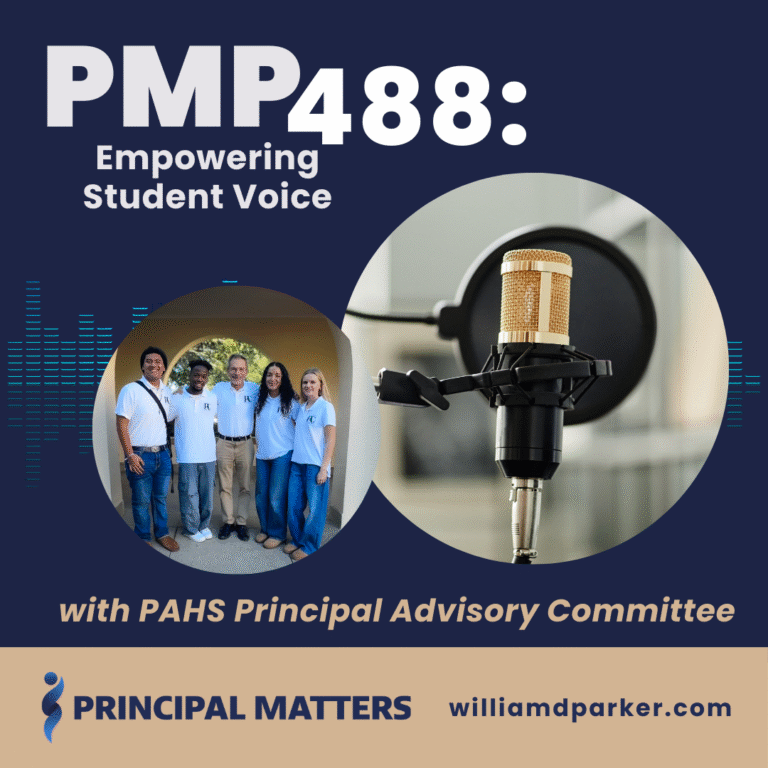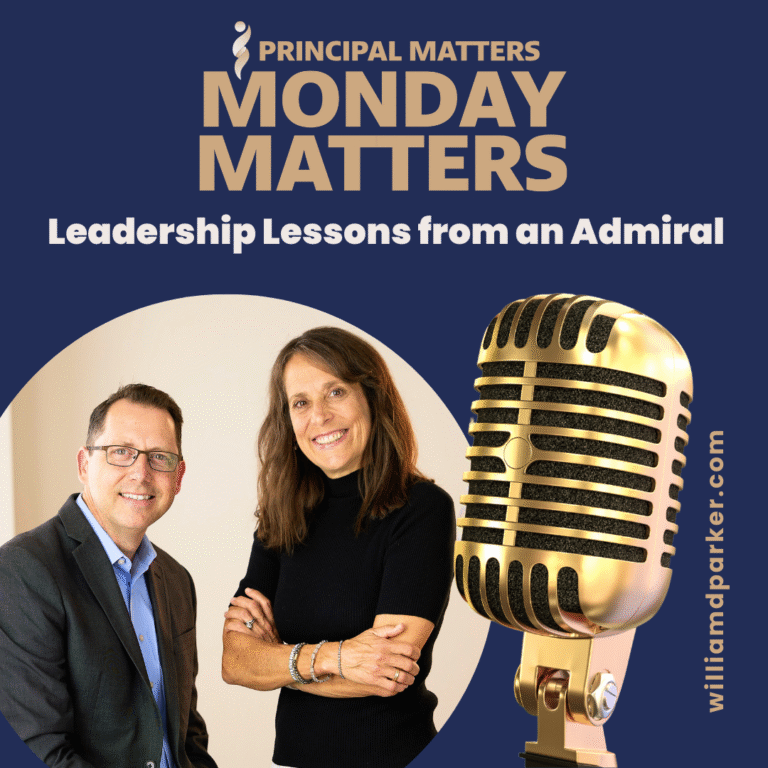Podcast: Play in new window | Download
If you are like most school leaders, time management can be one of the most difficult parts of your work.

Most new school leaders I meet explain how overwhelming the list of to-do’s can be. What are the solutions? Well, Kim Marshall and Jenn David-Lang provide a wealth of information on resources and practices that work in managing your time.
Kim Marshall and Jenn David-Lang are the authors of the new book: The Best of the Marshall Memo, Book One: Ideas and Action Steps to Energize Leadership, Teaching, and Learning. In this week’s podcast episode, we discuss their chapter on Time Management with valuable takeaways, tips, and strategies.
Kim & Jenn Bios:
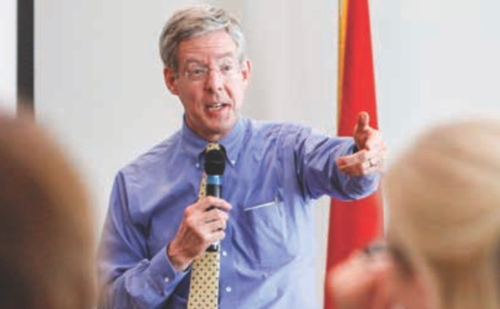
Kim Marshall
Kim was a teacher, central-office administrator, and principal in the Boston Public Schools for more than 30 years. He now leads workshops and courses, coaches school leaders, consults with schools and districts, and produces the weekly Marshall Memo, summarizing ideas and research from over 60 publications. He is the author of numerous articles and books, including Rethinking Teacher Supervision and Evaluation.

Jenn David-Lang
Jenn has worked in education for more than 25 years as a teacher, administrator, and consultant. She now designs and provides workshops for principals and teachers, coaches leaders, and conducts school evaluations. Since 2007, Jenn has published The Main Idea, a service for busy school leaders that provides summaries of compelling education books, accompanied by suggestions for professional learning. She currently lives in Brooklyn, New York.
Kim Marshall and Jenn David-Lang are best know as “designated readers” for busy front-line educators, curating the best ideas and research from scores of magazines and books. In their new book, they identify the most thought-provoking and helpful article summaries from the Marshall Memo archive and add professional learning suggestions. The book aims to help principals, teachers, superintendents, consultants, and researchers address the most pressing issues they face every day.
Time Management Takeaways
In this episode, we explore one area of their research and practice: How Leaders Can Grow in Time Management.
Principals and school leaders share a common frustration with time management. How can you accomplish so many responsibilities and tasks? Kim and Jenn share lessons they’ve learned from your research and practice, including:
- Understanding your time while knowing you’ll never check off all the blanks
- Studying the “rock analogy“: Big rocks first, then gravel, then sand, then water… (When you prioritize important tasks first, you can add much more that matters to your day.)
- Examining Stephen Covey’s 4 Quadrants:
- Important/Urgent
- Important/Not Urgent
- Not Important/Urgent
- Not Important/Not Urgent
- Avoiding the useless: useless feedback, useless meetings, useless evaluation processes, and time-consuming emails
- Utilizing Justin Baeder’s fire analogy: Fire fighters who work on prevention fight fewer fires so delegate, create committees, and train others to do tasks
- Using whatever tool works for you to document and keep various ideas and requests in one place
- Making a rainy-day list of ideas that don’t need to be worked on immediately
- Reviewing your list at a scheduled time each week
- Setting goals for each day, week, month and year
Staying Connected & Free Resources
Listen-in the full podcast of this conversation (or watch the video version) for in-depth feedback!
Also, Kim can be found at the MarshallMemo.com or at Kim.Marshall48@gmail.com. If you email him there, he will send you a free chapter on time management from the new book!
You can reach Jenn at TheMainIdea.Net for a free resource of David Allen’s tips for time management!
Sign-Up For Free Updates and Ebook
You can automatically receive new posts and a free Ebook, 8 Hats: Essential Roles for School Leaders. Let’s keep learning together!


